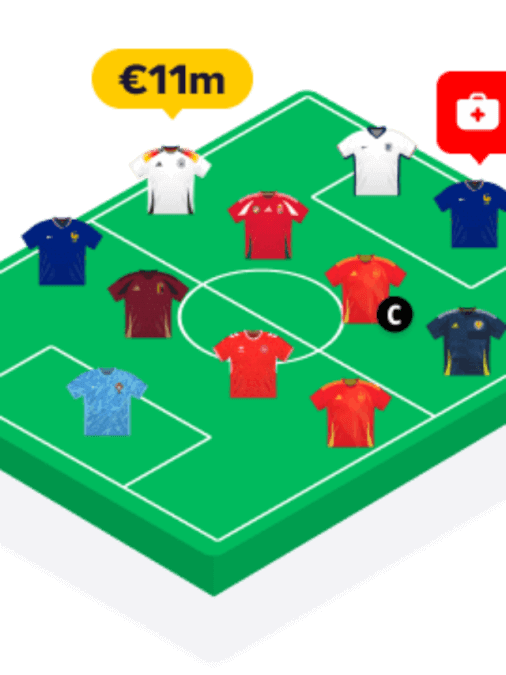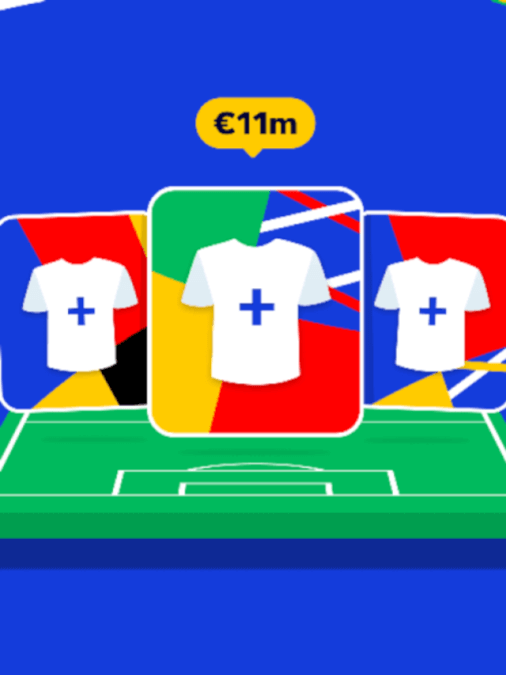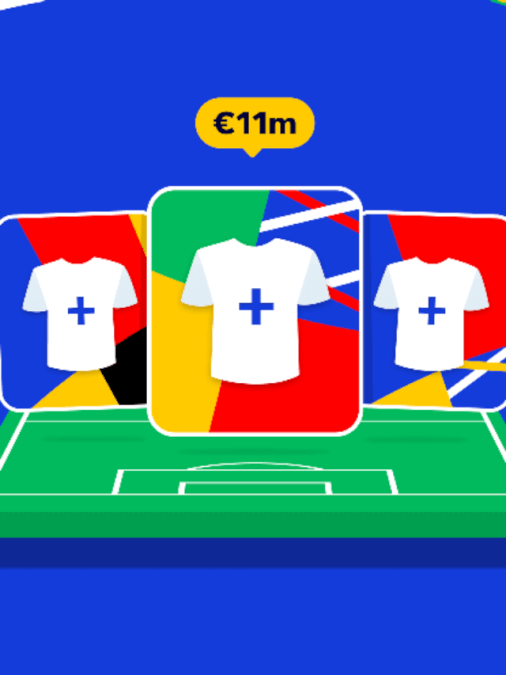When it comes to athletic performance, one of the most overlooked factors is proper hydration—especially before training.
A well-hydrated body is essential for peak performance, energy levels, and overall health.
Whether you’re a young footballer preparing for a big match or an athlete getting ready for a training session, following a pre-training hydration routine can make all the difference.
In this guide, we’ll cover the key steps to staying hydrated before training, offering tips and insights to ensure your body is in the best condition for optimal performance.
Why Pre-Training Hydration Matters
Hydration plays a vital role in maintaining your body’s ability to function properly during physical activity. Dehydration can lead to:
- Reduced energy levels
- Muscle cramps and fatigue
- Impaired concentration and decision-making
- Higher risk of injury and overheating
Ensuring that you start your training well-hydrated is critical for avoiding these issues and achieving the best possible performance.
If you’re unsure of how much water to drink before a session, be sure to check out our hydration calculator for personalized recommendations based on your weight and activity level.
For more details on how dehydration affects performance, you can also read our in-depth guide on Why Hydration is Key for Peak Football Performance.
When to Start Hydrating Before Training
To optimize hydration before training, it’s important to start drinking water well in advance. Here’s a general guideline:
| Time Before Training | Recommended Water Intake |
|---|---|
| 2 hours before | 400-600 ml (14-20 oz) |
| 30 minutes before | 200-300 ml (7-10 oz) |
This schedule helps you avoid that heavy or sloshy feeling that can come with drinking too much too quickly right before training.
Keep in mind that the hydration calculator can give you more precise guidelines tailored to your needs.
To learn more about staying hydrated during different stages of physical activity, check out our article on How to Stay Hydrated During Football Matches.
What to Drink Pre-Training
Water vs. Sports Drinks
While water is usually the best choice for most athletes, there are times when sports drinks can offer an added benefit. If you’re engaging in high-intensity or long-duration training (especially in hot weather), you might need to replace lost electrolytes as well.
In general:
- Water: Ideal for light to moderate training and staying hydrated throughout the day.
- Sports Drinks: Recommended for long or intense training sessions, as they provide electrolytes and carbohydrates that water doesn’t.
If you want to dive deeper into the debate between water and sports drinks, take a look at our comprehensive article on Hydration vs. Sports Drinks: What Young Athletes Should Know.
Foods That Help with Pre-Training Hydration
Incorporating water-rich foods into your diet can also help you stay hydrated. Here are some great options:
| Food | Water Content (%) |
|---|---|
| Cucumber | 96% |
| Watermelon | 92% |
| Oranges | 86% |
| Spinach | 91% |
Eating these foods along with regular water intake can ensure you’re properly hydrated before your training session.
You might also find it helpful to explore Building a Winning Breakfast, which offers tips on starting your day with the right fuel, including hydration-friendly options.
Adjusting Pre-Training Hydration for Different Conditions
Hydration needs vary depending on the environment in which you’re training. Here are some key factors to consider:
1. Hot or Humid Conditions
In hot weather, your body loses water more rapidly through sweat. You’ll need to increase your water intake accordingly. Sports drinks can be especially helpful in hot environments to replace lost electrolytes.
For more hydration strategies specific to hot weather, check out Top Hydration Strategies for Hot Weather Training.
2. Cold Weather
Even in colder temperatures, hydration is crucial. Cold air can be dehydrating, and athletes often underestimate their need for water when they aren’t sweating as visibly.
3. High Altitude
Training at higher altitudes increases your breathing rate, which can lead to faster fluid loss. Hydrate more frequently to compensate.
Monitoring Hydration Levels Before Training
A simple way to monitor your hydration is by checking the color of your urine:
- Pale yellow: Well-hydrated
- Dark yellow: Need more water
Encouraging young athletes to use this method is an easy and effective way to keep hydration levels in check. To learn about more signs of dehydration and how to prevent it, read Signs of Dehydration in Young Athletes.
Creating a Personalized Pre-Training Hydration Routine
Hydration routines should be tailored to each individual athlete’s needs. Here’s a simple step-by-step guide to creating your own:
- Calculate your water intake: Use the hydration calculator to determine how much water you need before training.
- Set reminders: Hydrate regularly throughout the day leading up to your session.
- Prepare water bottles: Mark your bottles to track your intake and ensure you’re staying on track.
- Monitor your hydration: Use the urine color test to check your hydration status right before your training session.
Key Takeaways
| Tip | Details |
|---|---|
| Start hydrating early | Drink 400-600 ml two hours before training, and 200-300 ml 30 minutes before |
| Use water for light training | Stick to water for moderate-intensity sessions |
| Consider sports drinks for long or intense sessions | Opt for sports drinks to replenish electrolytes during intense activities |
| Incorporate water-rich foods | Eat hydrating foods like cucumber and watermelon for added hydration support |
| Adjust for weather and conditions | Increase fluid intake in hot, cold, or high-altitude environments |
For a more detailed breakdown of optimal hydration strategies, explore Hydration Hacks for Young Footballers and remember to try our hydration calculator for a personalized hydration plan tailored to your training routine.
By following these guidelines, you’ll ensure that hydration becomes an essential part of your training preparation—setting the foundation for optimal performance and endurance.









